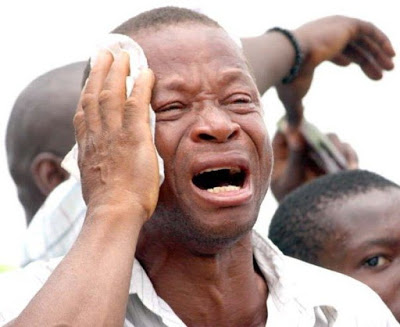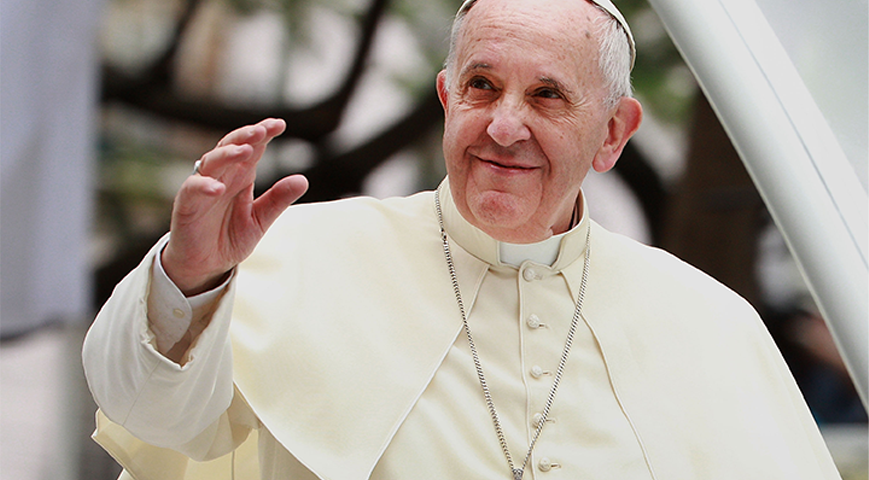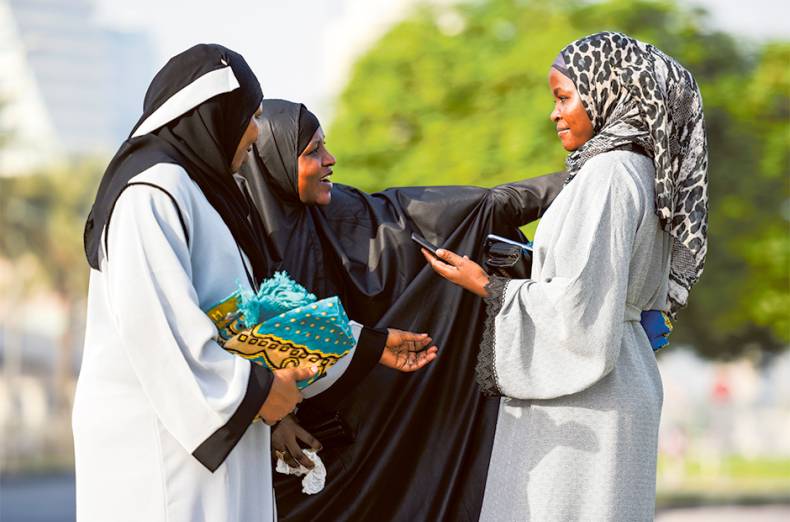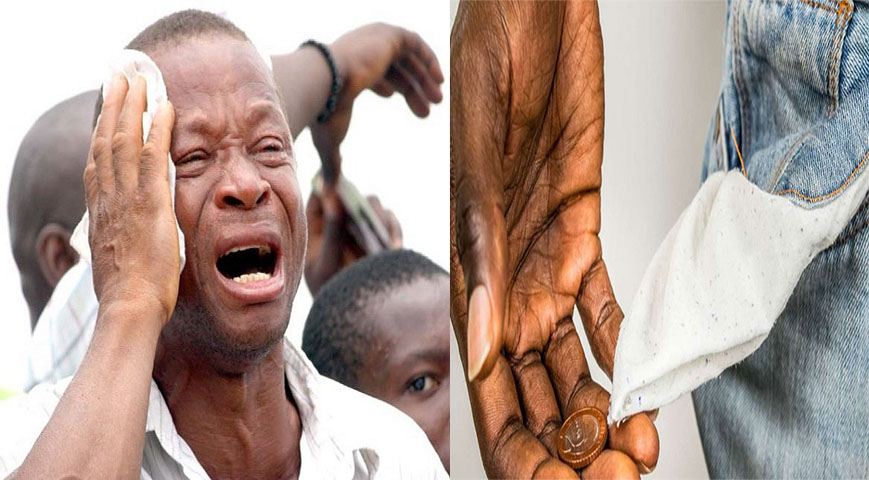Men who openly and freely express their emotions are stigmatized. This stigmatization is due to traditional gender roles that require men to be strong, stoic, and emotionless. These societal norms have been perpetuated for centuries, resulting in a culture that is often hostile to men who do not conform to these expectations.
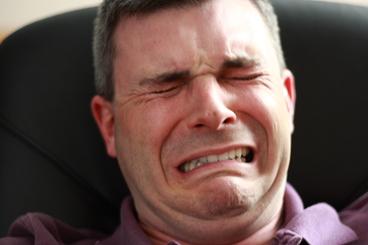
Expressing emotions freely by men is a weakness. Traditional society expects men to be robust, stoic, and emotionless. Those same society's norms have been propagated for centuries, likely to result in a frequently confrontational culture toward men who do not strictly adhere to these expectations.
Another possible explanation is the widespread belief that showing emotion indicates weakness. In a societal structure that values power and power, becoming susceptible and able to express one's personal feelings is a threat to one's masculinity. This assumption is reaffirmed by media portrayals of men as emotionally detached and unrelenting, reinforcing the belief that real men don't really cry or show other indications of emotion.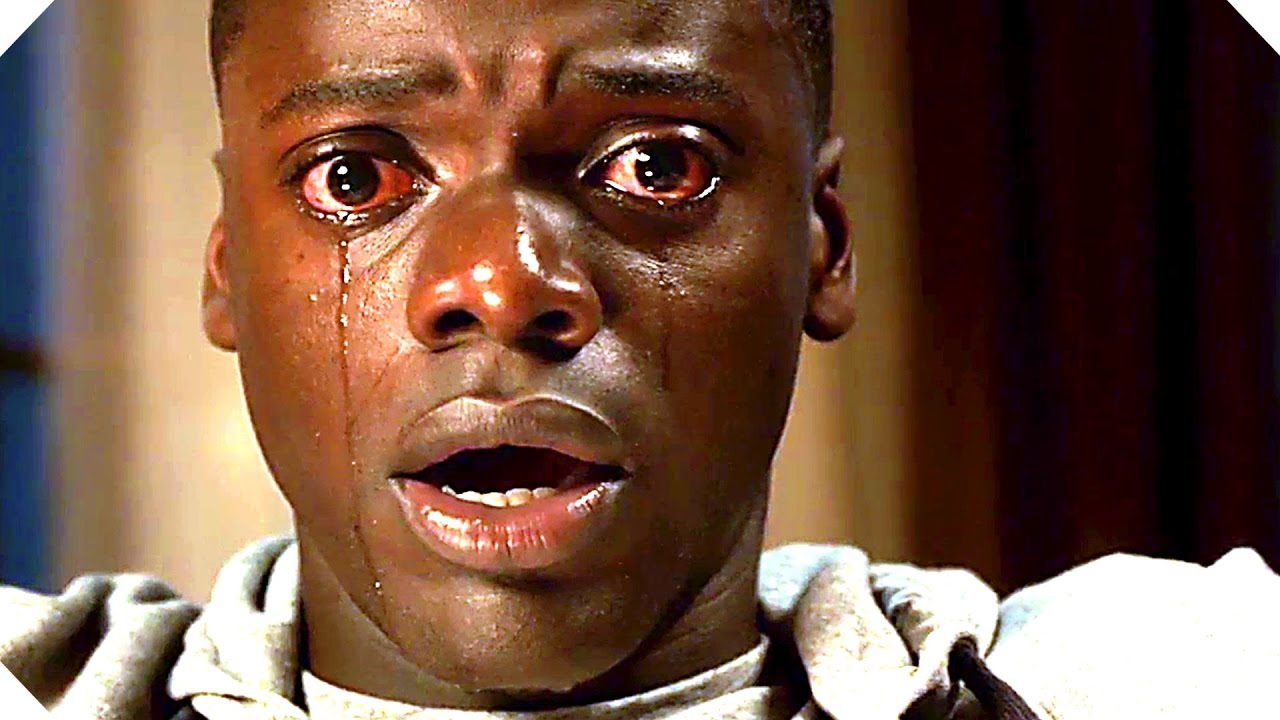
Did you read this?
Men are to be independent and independent, which makes it challenging to allow them to seek help when experiencing emotional trauma. This idea can lead to a vicious circle wherein men are unwilling to convey their feelings since that is a weakness.
Because of deeply embedded societal beliefs that men should be strong, stoic, and emotionless, men who demonstrate their feelings are shunned by society. Media depictions, a lack of knowledge of mental health problems, and a phobia of being judged all contribute to this misconception.
The stigma attached to men's emotional expression can also have severe repercussions, such as reinforcing the vicious circle of sentimental inhibition and intensifying mental health problems. It is a leisure activity for the community to recognize the value of expressing emotion and to see it as a symbol of power rather than weakness.

